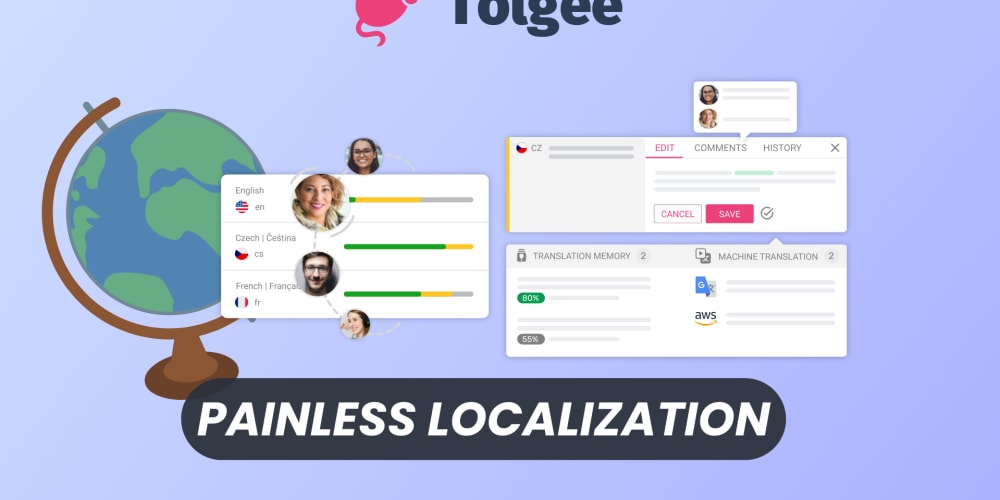The property market is being transformed by real estate tokenization where assets can be divided into digital tokens representing ownership or shares in a property. A blockchain is used to record these tokens and this makes sure that there is transparency, security and liquidity. Tokenization helps in reducing the high capital associated with real estate investment thus making it possible for more people to invest in this type of business. In this article, we shall identify the different types of real estate tokenization looking into their distinctive characteristics as well as advantages and disadvantages.
1. Equity Tokenization
In the world of real estate tokenization, equity tokenization is one of the most popular methods. With this approach, the tokens stand for shares of ownership that are linked to a piece of land or an organization operating within the real estate sector. By buying these tokens, investors turn themselves into shareholders who possess similar entitlements as traditional equity investors. Such rights may involve earning dividends from rents collected, joining forces for property value increase and enjoying a voice in some issue related to the management.try your own Equity Tokenization with help of Real estate tokenization development.
Advantages of Equity Tokenization
Fractional Ownership - Tokenization of equity allows for fractioned ownership providing the possibility for investors to purchase part of a property instead of its whole asset. This consequently lowers the point of entry and opens real estate investment to a larger group.
Liquidity - Real estate that has been tokenized can be traded on other markets making it liquid which is rarely seen in conventional real property investment. In this scenario, investors are able to buy or sell their tokens quite easily depending on market situation.
Transparency: Because of the blockchain technology, which guarantees that all transactions are recorded indefinitely, it means that investors can see everything. As a result, there is less chance of getting conned and more faith is given towards investments.
2. Debt Tokenization
Tokens representing shares in a real estate loan or mortgage are generally referred to as debt tokens. Those investors who purchase such tokens essentially extend their loans to the owner or developer of properties, with the assurance that they will receive interest payments at certain intervals. This model appeals more to investors who prefer fixed income streams rather than those obtained from equity transactions.
Advantages of Debt Tokenization
Sustainable Revenue: Normally, debt tokenization presents a constant interest rate which makes it possible for investors to anticipate their profits and have a stable cash inflow.
Reduced Risk: As a result of the collateral backing them, debt tokens are usually considered less risky than shares or equities as such‐an action can be taken if there is no other option available for meeting obligation.
Diversification: By featuring a variety of real estate loans in their portfolio, investors may earn varying interests or returns from one investment to another depending on type of house.
3. Hybrid Tokenization
Hybrid tokenization integrates components of debt and equity tokenization. In this structure, any token can indicate a right of ownership in relation to an asset as well as a part of its attached liability. With such balanced investments, one may enjoy both potential higher returns on capital and constant income streams.
Advantages of Hybrid Tokenization
Risk and return are allocated proportionally: The hybrid tokenization combines both equity and debt to produce an even risk-return profile which interests more investors.
Flexibility: Investors can partake in various aspects of real estate through equity or debt or even both depending on their preference for liquidity and capital goals.
Enhanced ability to provide cash: The two-fold character in which hybrid assets exist may make them more recognizable to many investors which leads to an increase in liquidity within this market for those who wish or have experienced it before.
4. Income-Generating Tokenization
It is a process of income generating tokenizing that focuses on assets that generate periodic rental income such as commercial buildings, residential estates or tourist resorts. Every person who buys such tokens will be entitled to a portion of the rent proceeds according to the size of share owned.
Advantages of Income-Generating Tokenization
Continuous cash flow is vital for investors; hence, it becomes a better option for those in need of current income instead of future growth in value.
The other advantage is that the income streams remain relatively stable as they are long term contracts with tenants which helps reduce the effects of market changes.
Diversifying: By enabling income-generating tokenization, investors are able to diversify their real estate portfolios over various kinds of properties and sites.
5. Real Estate Investment Trust (REIT) Tokenization
Tokenizing a REIT means transforming parts of it into tokens that can be used in digital form. The kind of business entity called a REIT deals with the ownership, management or funding of properties that generate income. In this way, more liquidity and accessibility can be offered to those investors who were unable to engage in traditional real estate investment activities since they had to meet high minimum capital demands.
Advantages of REIT Tokenization
Diversification: Usually, REITs comprise of widely ranged class of properties consequently lessening risks related to investing on one property.
Liquidity: Tokenized REITs can be traded on secondary markets, which makes it easy for investors to convert their investments into cash as compared to traditional ones.
Tokenization reduces the lowest amount of money that needs to be invested so as to make REITs available to a larger group of investors.
Check out our : Real estate tokenization guide
6. Utility Tokenization
The application of utility tokenization for real estate is an uncommon model which is on the rise. Ownership is not represented by utility tokens but rather they offer entry to property related services or perks. To illustrate this, one could have a utility token that allows them to occupy a holiday renting house for a particular number of days every year.
Advantages of Utility Tokenization
Only for the selected, the following was prepared: Benefits which are only given to you as a holder of utility tokens (discounted rates, priority access, special services etc.).
Adaptability: Utility tokens are adjustable to provide different kinds of rewards for the property owners and managers hence they become a multi-purpose instrument for builders of estates.
Meaning, they can be bought at lower prices by investors or users interested in particular advantages aligned with their needs without any need for heavy investments like purchasing shares on stock exchange.
Conclusion
Tokenizing the real estate provides several openings for investors, property owners as well as developers. Starting from equity and debt tokenization to hybrid models and utility tokens, these different types come with different merits and demerits. The possibilities for real estate tokenization democratizing access to property investment and improving market liquidity will only increase as the technology and regulatory environment continues evolving. For one to take part in this quickly advancing area, they need to think about their own objectives, risk appetite and particularities of each model of tokenization.



















